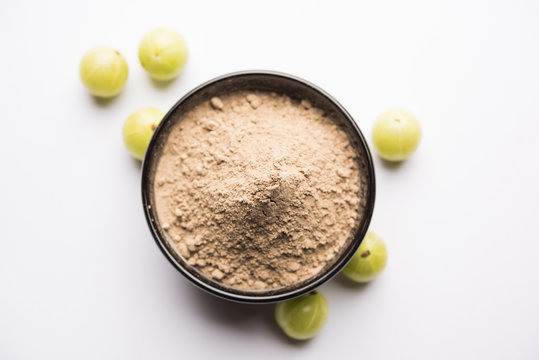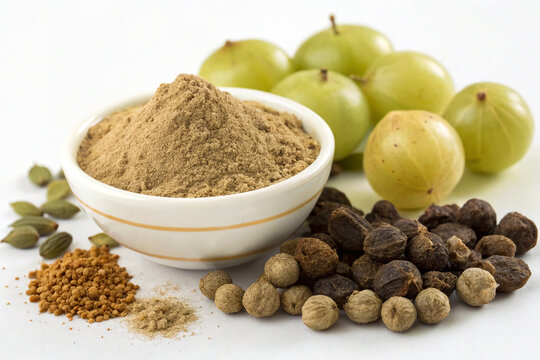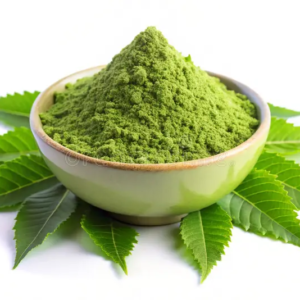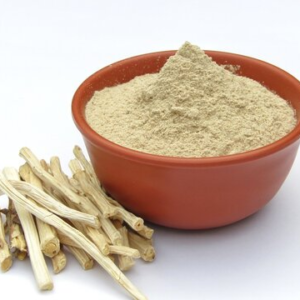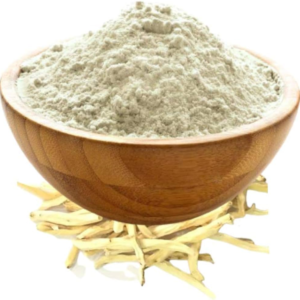Description
1. Nutritional Profile
- Rich in Vitamin C: Amla is one of the richest sources of vitamin C, which is known for its immune-boosting, antioxidant, and anti-aging properties.
- Antioxidants: It contains polyphenols like flavonoids, which help protect cells from oxidative stress and support overall health.
- Fiber: Amla powder is also a good source of fiber, which can aid in digestion and support gut health.
2. Health Benefits
- Boosts Immunity: The high vitamin C content enhances the immune system, helping the body fight infections.
- Promotes Digestive Health: It helps balance stomach acids and supports digestive processes. It may also alleviate constipation and improve metabolism.
- Enhances Skin Health: Due to its antioxidant properties, Amla powder is believed to reduce signs of aging, such as wrinkles and fine lines. It can also brighten and nourish the skin when used topically.
- Hair Growth and Scalp Health: Amla is widely used in hair care for strengthening the roots, preventing hair fall, promoting growth, and treating dandruff. It is often used in hair oils and masks.
- Regulates Blood Sugar: Some studies suggest that amla may help in regulating blood sugar levels, making it beneficial for people with diabetes.
- Detoxifies the Body: Amla acts as a natural detoxifier, cleansing the liver and flushing out toxins from the body.
3. Uses
- In Ayurveda: Amla is considered a “tridoshic” fruit, meaning it is balancing for all three doshas (Vata, Pitta, and Kapha). It is often used in herbal remedies and supplements.
- As a Supplement: Amla powder is commonly consumed by mixing it with water, honey, or warm milk. It can also be added to smoothies, juices, or herbal teas.
- Topical Applications: It’s frequently used in homemade beauty treatments, such as face masks, hair treatments, and scrubs.
- In Cooking: Amla powder is sometimes used in traditional Indian cuisine to make chutneys, pickles, and other dishes for its tangy flavor and health benefits.
4. Precautions
- Overconsumption: Due to its potent vitamin C content, excessive consumption may cause digestive discomfort, including acidity or diarrhea.
- Consultation: Those who are pregnant, nursing, or on medication should consult a healthcare professional before using Amla powder regularly.
5. How to Use Amla Powder
- For Immunity and Digestion: Mix 1 teaspoon of amla powder in a glass of warm water or juice. Drink once or twice daily.
- For Skin Care: Mix amla powder with yogurt, honey, or rose water to make a paste. Apply it to the face, leave for 10-15 minutes, and rinse off.
- For Hair Health: Combine amla powder with water or coconut oil to create a paste. Apply it to the scalp and hair, leave for about 30 minutes, and wash off for stronger, shinier hair.
Amla powder is a versatile, natural supplement with a rich history of use in traditional medicine, particularly in Ayurvedic practices. Whether taken internally or applied topically, it provides a wide range of benefits for the body and skin.


